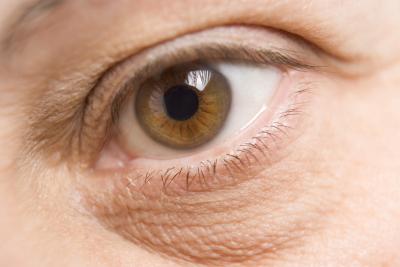Supplements That Help Obesity in Kids
An obese child is an unhappy child — and an unhealthy child. Obese children are at risk for the same health problems as obese adults, such as heart disease, high blood pressure and diabetes. However, using dietary supplements for your child’s weight problem may not only be ineffective; these over-the-counter “weight loss pills” can have dangerous side effects.
About Dark Under-Eye Circles
Dark under-eye circles can tack on the most years to your face. Each year, manufacturers of skincare products release new eye creams to the consumer market that claim to get rid of dark, baggy, puffy eyes. However, skin care expert Paula Begoun, author of “Don’t Go to the Cosmetics Counter Without Me” reveals that specialty eye creams don’t work.
Protein Needed in a Teenage Diet
Protein is an essential part of your growing teen’s diet. Protein makes up every cell, organ and body tissue — however, these proteins are continually breaking down and must be replenished. Your teen’s need for protein depends on age and gender. However, it’s not enough that your child get the requisite amount or protein — the quality of the protein in your teenager’s diet matters, too.
How to Treat Food Poisoning in Children
Food poisoning, also known as food-borne illness, can strike children and adults alike. Symptoms of food poisoning, such as vomiting and diarrhea, typically start around eight hours after contaminated food is consumed, although some types of food poisoning, such as salmonella, can have an incubation period of up to three days. Food poisoning typically resolves after 48 hours. When treating your child’s bout of food poisoning, preventing dehydration is the most important task.
Hair Growth Treatments for Women
Women make up 40 percent of hair loss sufferers, according to the American Hair Loss Association. Androgenetic alopecia, or pattern baldness, doesn’t affect only men — it can affect women as well, resulting in a diffuse pattern of hair loss. Women have far fewer options than men when it comes to hair growth treatments that are proven to work. Because hair loss can be triggered by other causes, such as stress, an underlying medical condition, or use of certain medications, the hair growth treatments on the consumer market may not work for you.





